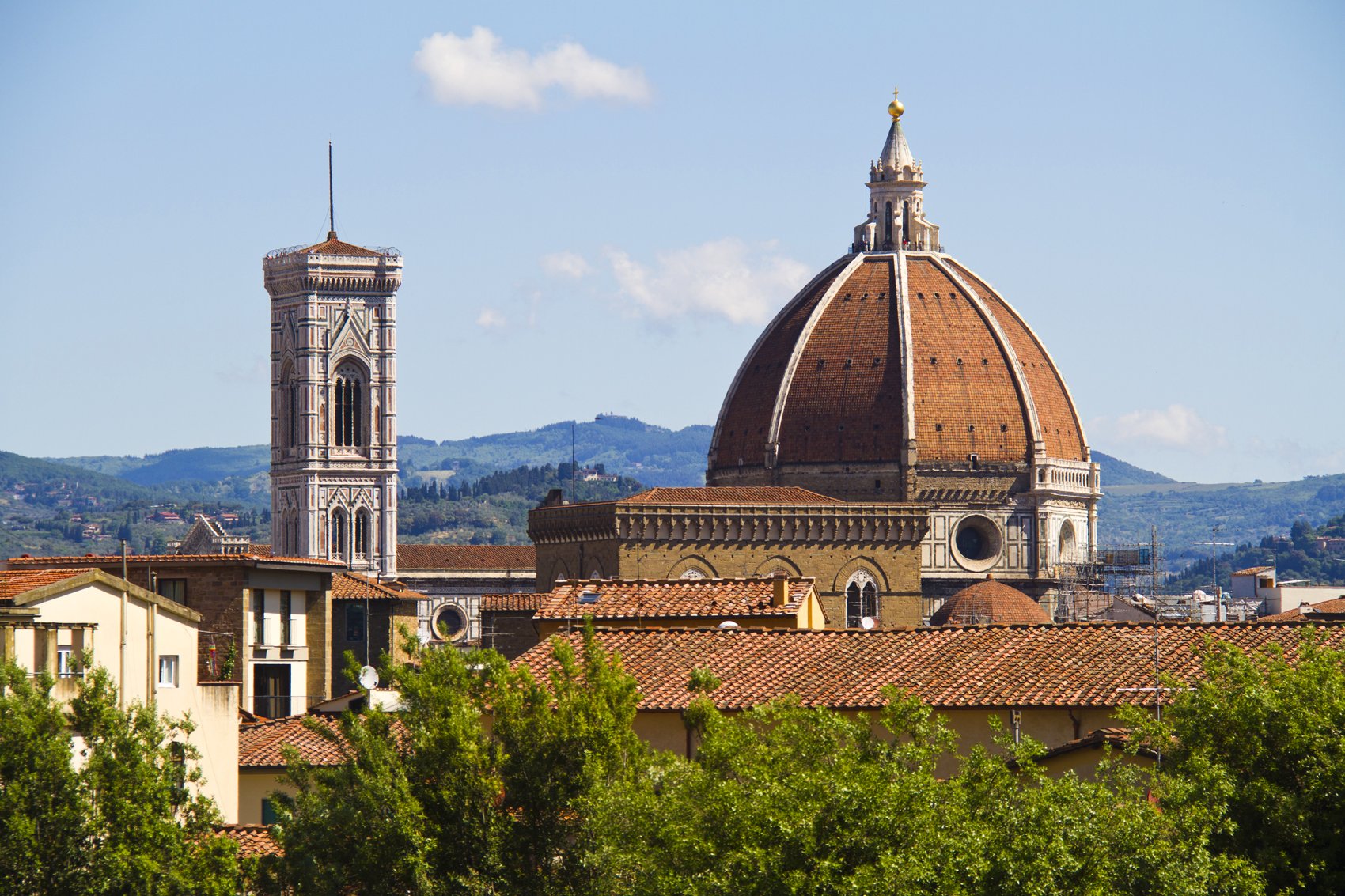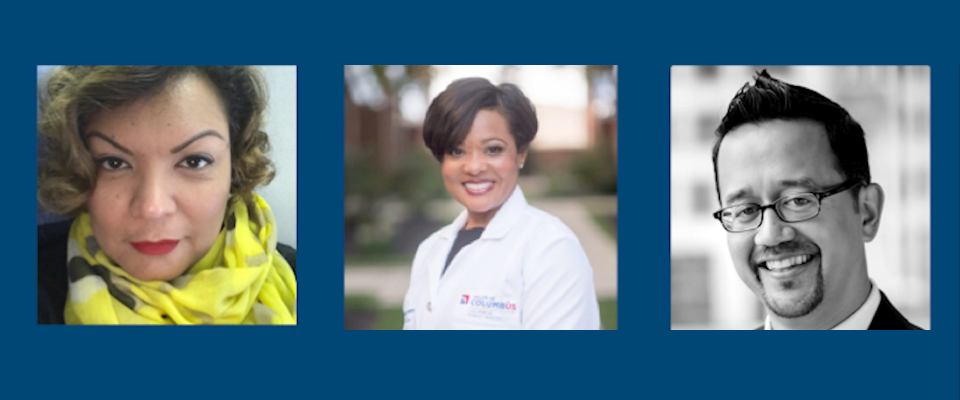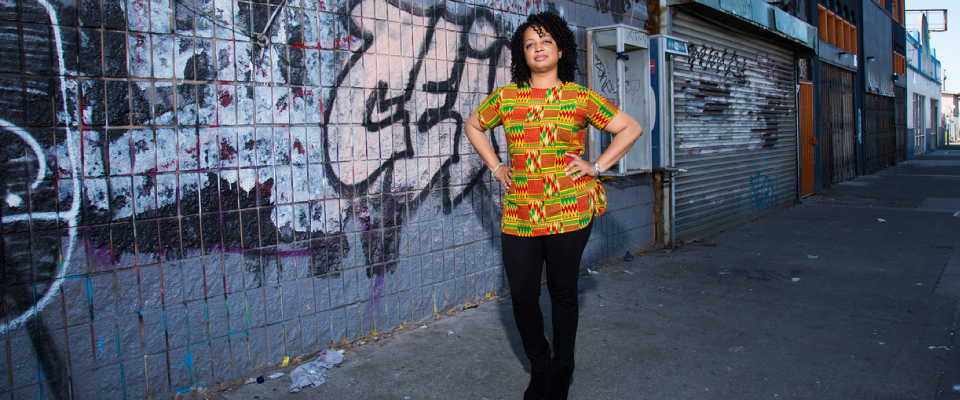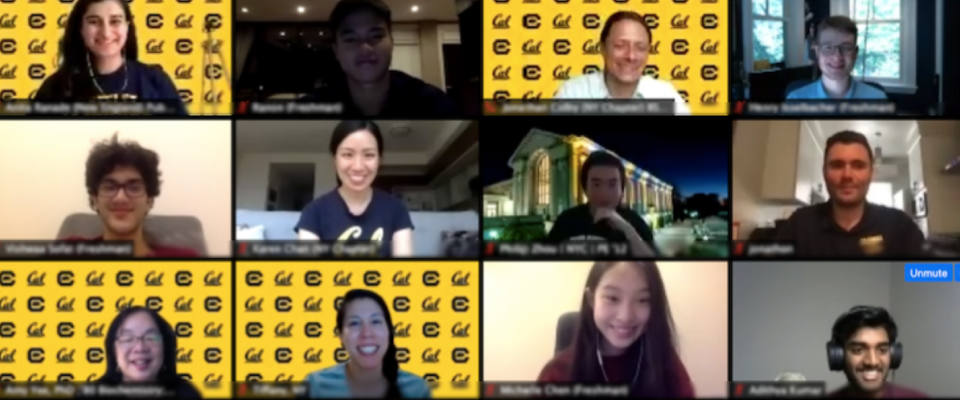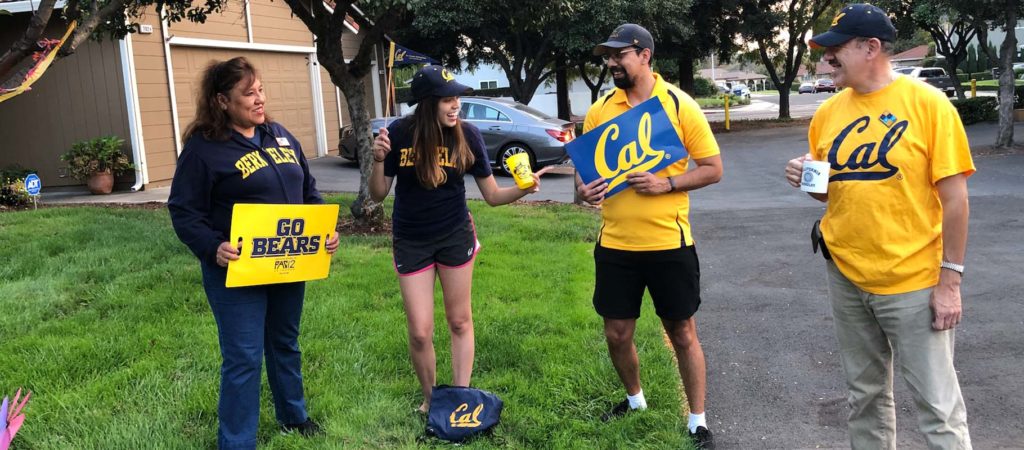In February, the Cal Alumni Association’s UC Berkeley Black Engineering and Science Alumni Club (BESAC) hosted COVID-19 Vaccines: Science and Facts, a virtual discussion covering topics including how the virus replicates, the impact it has on the immune system, and the transmissibility of its variants.
Special guests Candia Brown ’91, Dr. Mysheika W. Roberts ’92, and Dr. Terrence Satterfield represented expertise in public health, clinical knowledge, genomic methods, and scientific research. The panel discussed various vaccine technologies, particularly the new use of mRNA technology, and the efficacy and side effects of the vaccine.
Cal Alumni Association Executive Director Cloey Hewlett ’76, J.D. ’79 joined the event, which took place during Black History Month, shortly after receiving her second vaccine dose. “I can think of no greater calling during this historic month than to discuss how COVID vaccinations can make a difference in the lifespan of so many members of the Black community,” she said. “Far too many of our people have lost their lives to this deadly virus.”
Guests acknowledged that state and local governments have struggled to set up vaccine sites in predominantly Black and Latinx communities.
“[COVID-19] is impacting all demographics. The impact on communities of color is really staggering,” said BESAC co-president Miller Allen ’93, M.S. ’95, Ph.D. ’02. “Pacific Islander, Latino, Indigenous, and Black communities [have] about 2.4x the rate of people affected.” Allen further emphasized the disparities among communities, particularly the 10-year gap in average age for mortality. “The median age for white Americans is 44, while it is 34 for the Black community.”
Everyone who is able to get the vaccine is encouraged to do so as soon as you become eligible. To find COVID-19 vaccine sites near you, visit the Centers for Disease Control and Prevention’s VaccineFinder website.



